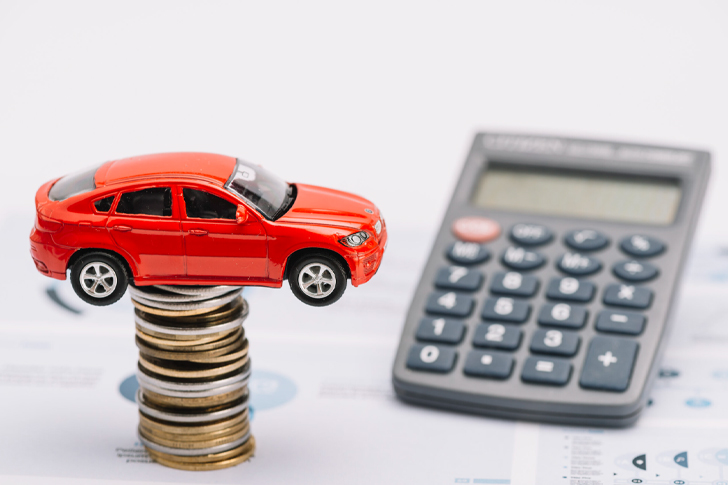Understanding the value of your vehicle is crucial for various financial decisions. Here are expert tips on how to ensure accurate vehicle valuation and maximize its worth.

Vehicle value refers to the estimated worth of a car based on various factors such as age, mileage, condition, brand, and market demand. Knowing your vehicle's value helps in selling, trading, or insuring it.
Use reliable sources such as Kelley Blue Book, Edmunds, and NADA Guides to compare vehicle prices in the market. This helps in setting a realistic valuation based on current market trends.
Consider having a professional appraiser examine your vehicle. They can provide an unbiased assessment based on extensive knowledge and experience.
Online tools can provide quick and fairly accurate valuations. Input detailed and honest information about your car to receive an estimate that reflects its true market value.
An inspection by a certified mechanic before selling can identify issues that might lower the value and offer opportunities for repairs to enhance value.
Document any additional features and upgrades such as advanced safety features, new tires, upgraded sound systems, or any customizations. These can add value to your vehicle.
Consistent upkeep such as oil changes, tire rotations, brake servicing, and maintaining fluid levels ensures the vehicle runs smoothly and retains its value.
Fix minor issues immediately. Addressing small scratches, dents, and mechanical issues can prevent them from becoming major, expensive problems later on.
Regular cleaning, both interior and exterior, helps preserve the vehicle’s appearance and can prevent good damage such as rust.
Using manufacturer-recommended parts and fluids helps maintain the integrity and performance of your vehicle, which is crucial for retaining value.
While certain upgrades can add value, extensive modifications often reduce the market value as they might not appeal to a broad audience.
Provide complete documentation, including title, service records, and any warranties. This builds trust with buyers and can speed up the sale process.
Set a competitive price based on your research and valuation tools. Avoid overpricing as it may deter potential buyers.
Use detailed descriptions and high-quality photos in your listings. Highlight key features, maintenance records, and any recent improvements.
Honesty about the vehicle’s condition builds buyer trust. Disclose any known issues or past accidents to avoid later disputes.
Shop around for trade-in offers from different dealerships. Competing offers can help you get the top value for your vehicle.
Dealerships often run promotions offering higher trade-in values to boost sales. Timing your trade-in during such promotions can maximize your vehicle's value.
Negotiate the trade-in value separately from the new car purchase price to ensure you get the very fair and transparent deal.
Maximizing the value of your vehicle through accurate valuation involves research, proper maintenance, and strategic selling practices. By understanding and leveraging these factors, you can ensure your vehicle’s value is optimized whether you’re selling, trading, or insuring it.
Explore the Tranquil Bliss of Idyllic Rural Retreats

Ultimate Countdown: The 20 Very Legendary Gaming Consoles Ever!

Understanding Halpin and its Influence

Affordable Full Mouth Dental Implants Near You

Discovering Springdale Estates

Illinois Dentatrust: Comprehensive Overview

Embark on Effortless Adventures: Unveiling the Top in Adventures Made Easy Outdoor Equipment

Unveiling Ossur Valves: Innovation in Prosthetics

Unlock the Full Potential of Your RAM 1500: Master the Art of Efficient Towing!
